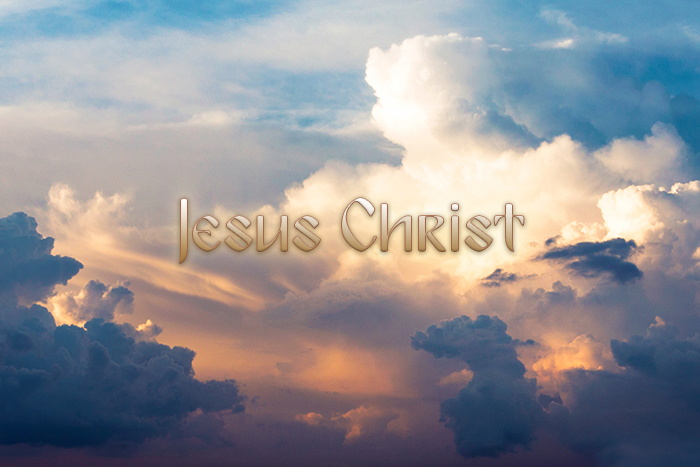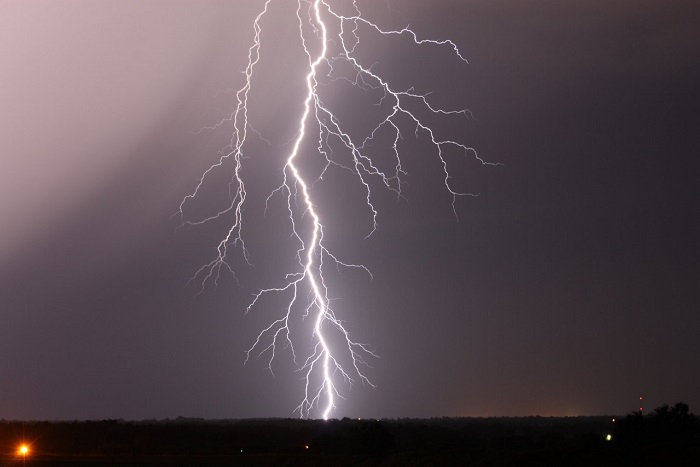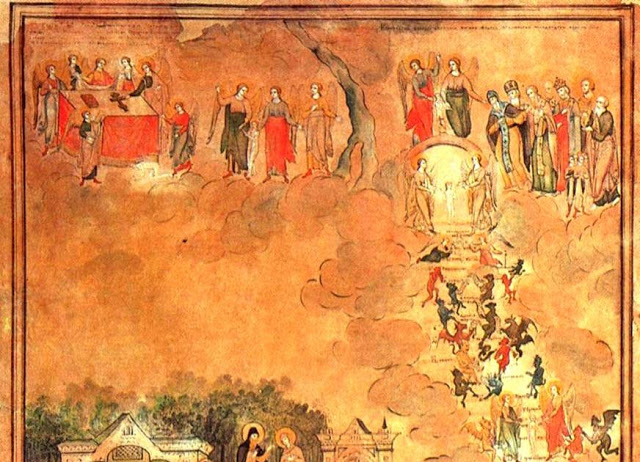
A little more than a century ago, the Church came face to face with the problem of Imiaslavie: a doctrine that emerged in the heart of Orthodox spirituality, the Holy Mount Athos. Its followers who were monks and practitioners of the Jesus Prayer, had a special respect for the Holy Name of Jesus and, in line with the doctrine of the theosis of human nature, believed that God was fully and entirely present in His Name. “The Name of God is God Himself,” they argued. These teachings, which spread mainly in the Russian monasteries of Mount Athos, began to be called Imiaslavie and soon drew the attention of the spiritual mind of the Russian Church. Fierce controversy began on Mount Athos and in the press. It led to unrest that had to be quenched by troops.
The vulgar variant of Imiaslavie, that is, its extreme form, when the very name of Jesus was deified, was officially condemned. However, there still was no coherent and affirmative teaching about the connection between the Name of God and the Lord Himself, especially in view of the imminent First World War and the 1917 catastrophe. Based on a certain consensus of the Eastern Fathers, Orthodox theology can provide answers to some of the questions raised in the course of the Imiaslavie disputes.
- Can we say that “God’s name is God Himself”?
No, if you mean that God and His Name are identical. God and His Name are not the same. The essence of the Creator cannot be adequately expressed by any name, including the name given to Moses by the Creator, for His essence is absolutely inscrutable. He is not a name, and no name can fully characterize Him; rather, it highlights some of His attributes. And yet, we can and must confess that God is present in the Name of God, especially at the time of a prayerful invocation of His Name. God abides in His Name and works through it.
- Can we consider the Name of God as the energy of the Godhead?
Judging by the theology of St. Gregory Palamas, this is not the case. Energy, according to the teachings of the Palamas, adopted by the Orthodox Church, is inseparable from the divine nature and is therefore identical to the Godhead. The Name of God is the means of communication of the Lord with man and the created world, and is not co-eternal with the Creator. Therefore, Orthodox theology prefers to say that God works through the Name of God, and that there is Divine energy in it.
- Does God’s Name deserve to be venerated?
Yes, absolutely. The names of God, including the names that God Himself revealed, are intended for man and are expressed in human language. All of the Lord’s names are sacred and remind us of Him. However, it is imperative that we distinguish between the external form of the names of God, i. e. their letters and sounds, and their internal content. The external form may vary with time, the method of writing and pronunciation, the language, and so on. All the names of God and especially His Holy Name, the so-called Holy Tetragrammaton (יהוה), are worthy of veneration, and even more than icons and the Holy Cross. As is the case with icons, we should not honor the mere external aspect of the Name of God (its sounds and letters), but the One whose Name we invoke. Therefore, the honor given to the image (in this case the Name) is transferred to the Bearer of that Name.
- Does the Name of God have any particular power?
Yes, it does, and this is evidenced by a lot of biblical texts. You only need to read the Book of Acts to be convinced of the power of God’s Name. However, this power is not a kind of self-contained energy in its own right that can be tapped by anyone. The sounds and letters of the Holy Name as they are have no magical power; God Himself, in His free will, acts by means of His Name whenever and however He wishes.
I would like to emphasize once again that the problem of Imiaslavie has not been resolved at the pan-Orthodox level yet. We do not yet have definitive answers on this issue. There have been different views on this issue among many canonized saint. The moderate proponents of Imiaslavie, despite their faithful intuition of awe before the Name of God and their commitment to the liturgical and prayerful life of the Orthodox Church, have not had enough theological knowledge to describe their experience of communion with God correctly. At the same time, the opponents of Imiaslavie, though they have been better versed in theology and academic disciplines, have lacked the experience of prayer life, and their arguments have been largely predicated on reason and logic, rather than on the Tradition of the Church. Only a fusion of theology and prayer can provide the Orthodox answer to this question, which is kept “somewhere in the depths of Church consciousness,” Lossky, a prominent theologian, believes. We just need to hear and articulate it.



